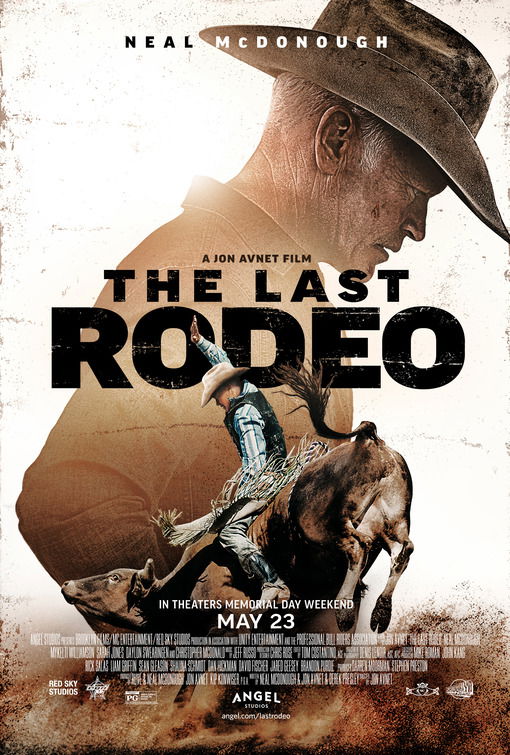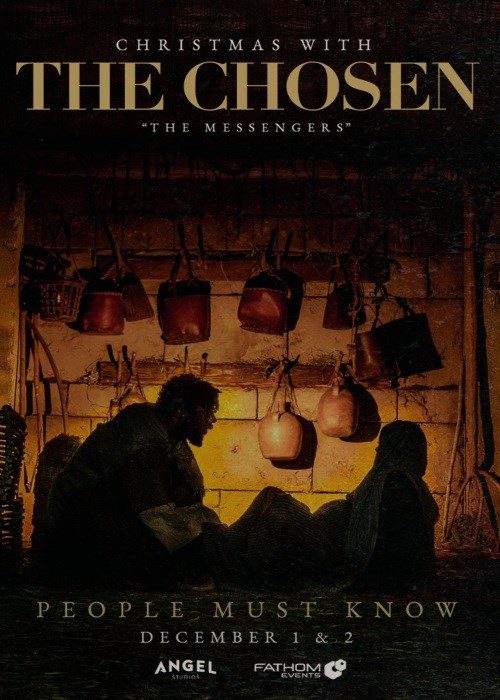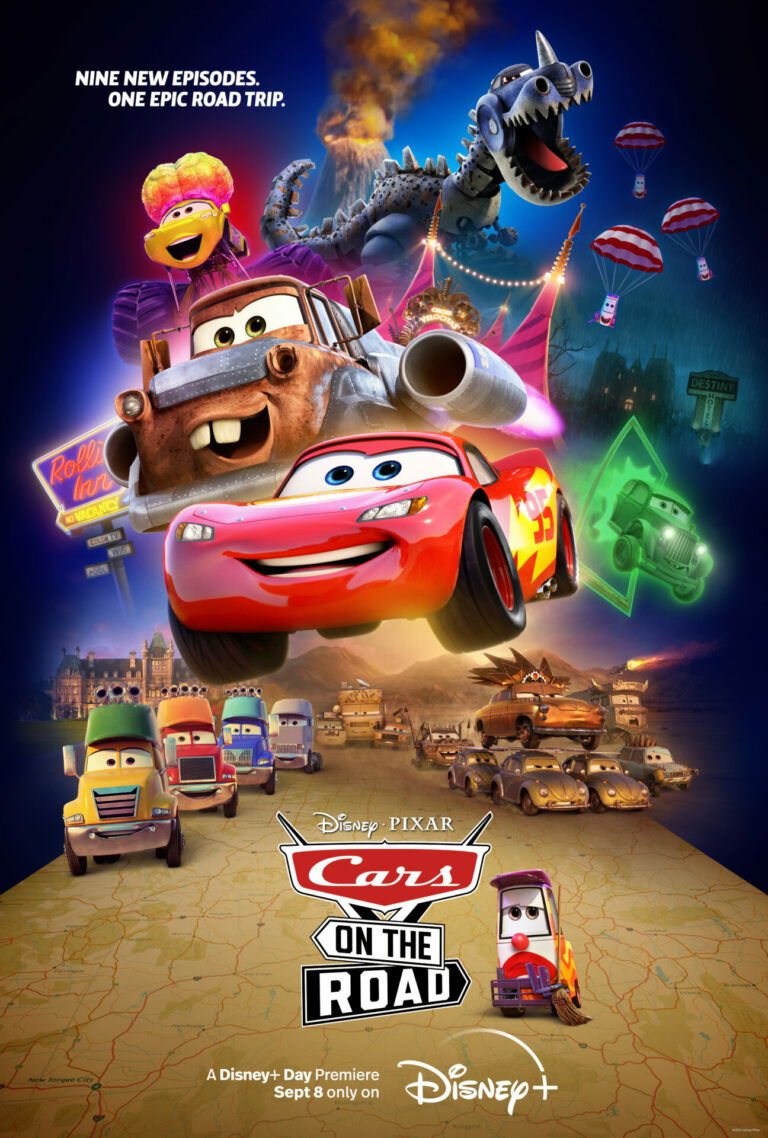LIFE OF PI
Two Stories of a (Postmodern) HINDU-CATHOLIC
By Vishal Mangalwadi
Life is like sailing in an ocean. The ocean is serene and beautiful. But, sooner or later, life is buffeted by deadly storms. Death reduces life and love to philosophical absurdity. The Existentialists noted that in early 20th century; the Teacher in Ecclesiastes had concluded that much earlier: “Meaningless! Meaningless! . . . Everything is meaningless.” (Ecclesiastes 1:2)
Pi Patel, the protagonist of 2012 Academy Award winning film, teaches that we give meaning to our meaningless lives by making up stories. The “same” story can be told in more than one way. The Rationalist version of the (meaningless) life-story is plain and simple, but boring. The mythic version of the same (meaningless) story is fantastic and captivating.
Pi Patel, grew up Hindu in Pondicherry, India. Christ’s story did not make rational sense to him. How can God send his son to die on the cross for our sin? But, Pi liked it and decided to be baptized. At the same time, he decided to believe also in Allah. Prostrating before Allah with one’s face on the ground made the meaningless ground, Sacred.
Pi’s father decided to move his zoo and family to Canada, just after Pi fell in love with a cute/innocent teenage dancer. His love for his beloved came to an abrupt and meaningless end, just as his adventurous relationship with his tiger, Richard Parker, would end abruptly and meaninglessly.
Grown up Pi Patel, a postmodern teacher of religion in Montreal, Canada, tells the ‘fantastic’ version of the story of salvation-by- faith to novelist, Yann Martel. The Japanese ship ferrying his family and zoo sank in a storm. He was adrift in the Pacific Ocean in a life-boat with a zebra with a broken leg, a female orangutan, a hyena, and a tiger. The hyena kills the zebra and the orangutan, but is then killed by the tiger.
In the adventures of mythic proportions, Pi’s attempt to save the tiger becomes the means of his own salvation-by- works, credited to Vishnu’s grace (a Hindu deity who incarnated as fish). The world is Vishnu’s dream. PI is saved by a fantastic floating, Edenic island of trees and water of life. No other sailor has ever seen the island. At least, no one lived to describe it. During the day, the island gives life. At night, it turns carnivorous, eating humans. Darkness turns the waters of life into acid of death. Good and evil co-exist in Eden, like Yin-Yang.
Pi’s exhausting adventures end in a hospital in South America. The shipping company sends insurance agents to learn how the ship sank and how Pi was saved. They find his story too fantastic to be credible. So, they ask for a simpler version that would be credible to the insurance company.
In the second, Rationalist version, the Zebra in the lifeboat is the amiable sailor who had helped Pi’s family in a quarrel with the ship’s brutish cook. The female orangutan is Pi’s mother. The hyena that killed her is the cook who landed in the same lifeboat. The tiger is Pi himself. Although a Hindu, and a vegetarian, Pi throughout his journey is transformed by tiger like qualities and kills the cook. Pi survives his long, meaningless drift in lifeboat, eating the cook’s flesh.
Which of the two stories is true?
Truth is irrelevant for the postmodern storyteller. He is an intellectual descendent of Fredric Nietzsche, Sigmund Freud, Carl Jung, and Joseph Campbell. The postmodern question is: which of the two stories do you prefer to believe? The novelists and the insurance agents, like postmodern Hindus and many evangelicals, choose the fantastic (mythic) story.
Having swallowed the truth-less culture of secular universities, (by and large) the American evangelicals have also replaced the Gospel-Truth with Gospel-Story. One is saved by faith, therefore, truth is irrelevant. What matters is not “witness” or “testimony” to true Truth, but one’s ability to tell stories that inspire ‘faith’.
Story is useful and must be used, but the Gospel is an eye-witness account, not a made-up story.
Editor’s note: Vishal Mangalwadi, the author of “The Book That Made Your World: How The Bible Created The Soul of Western Civilization” serves as the Hon. Director of the Centre For Human
Resource Development at SHIATS, a Christian university in North India.
Questions or comments? Please write to us here.


 - Content:
- Content: 

